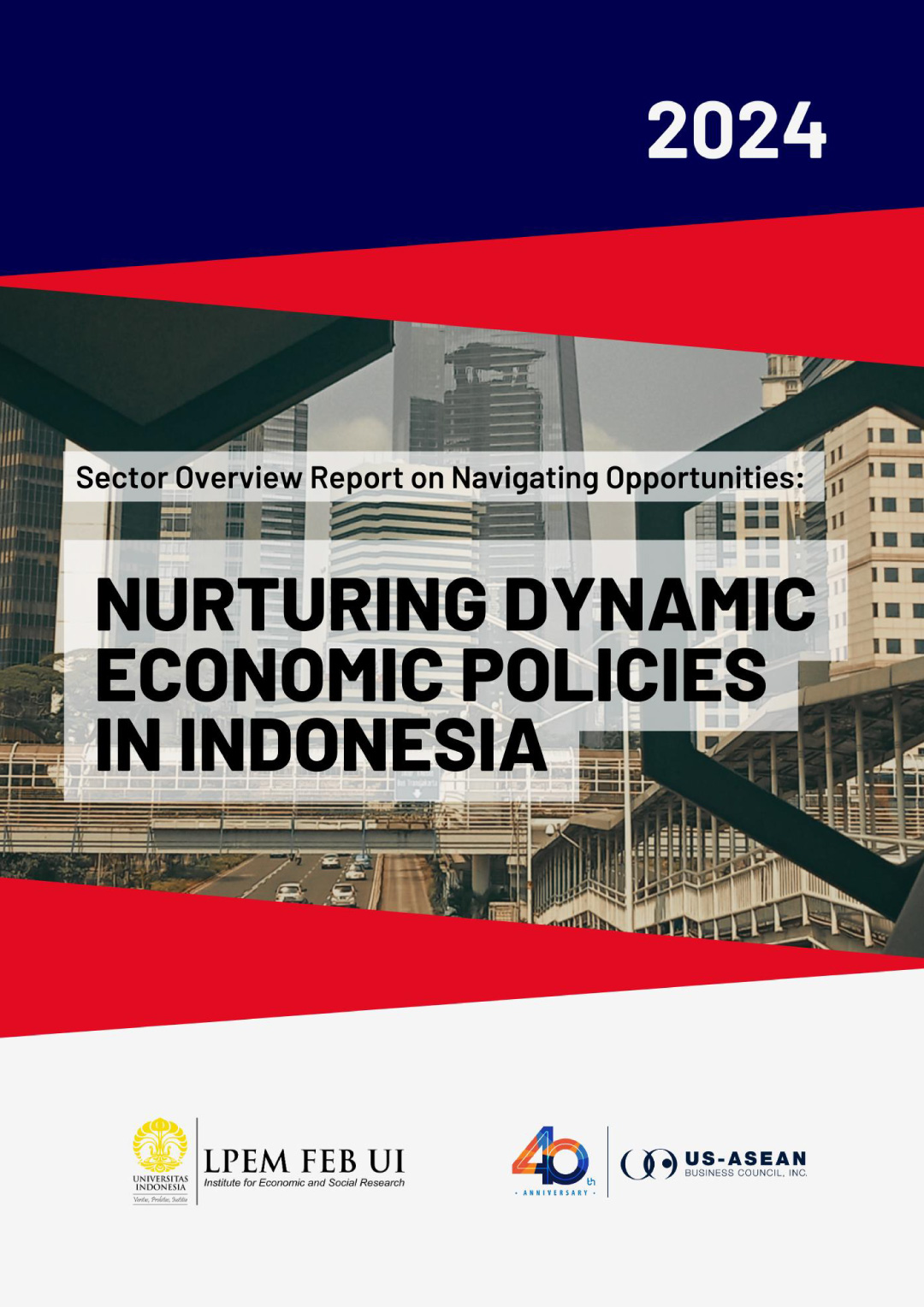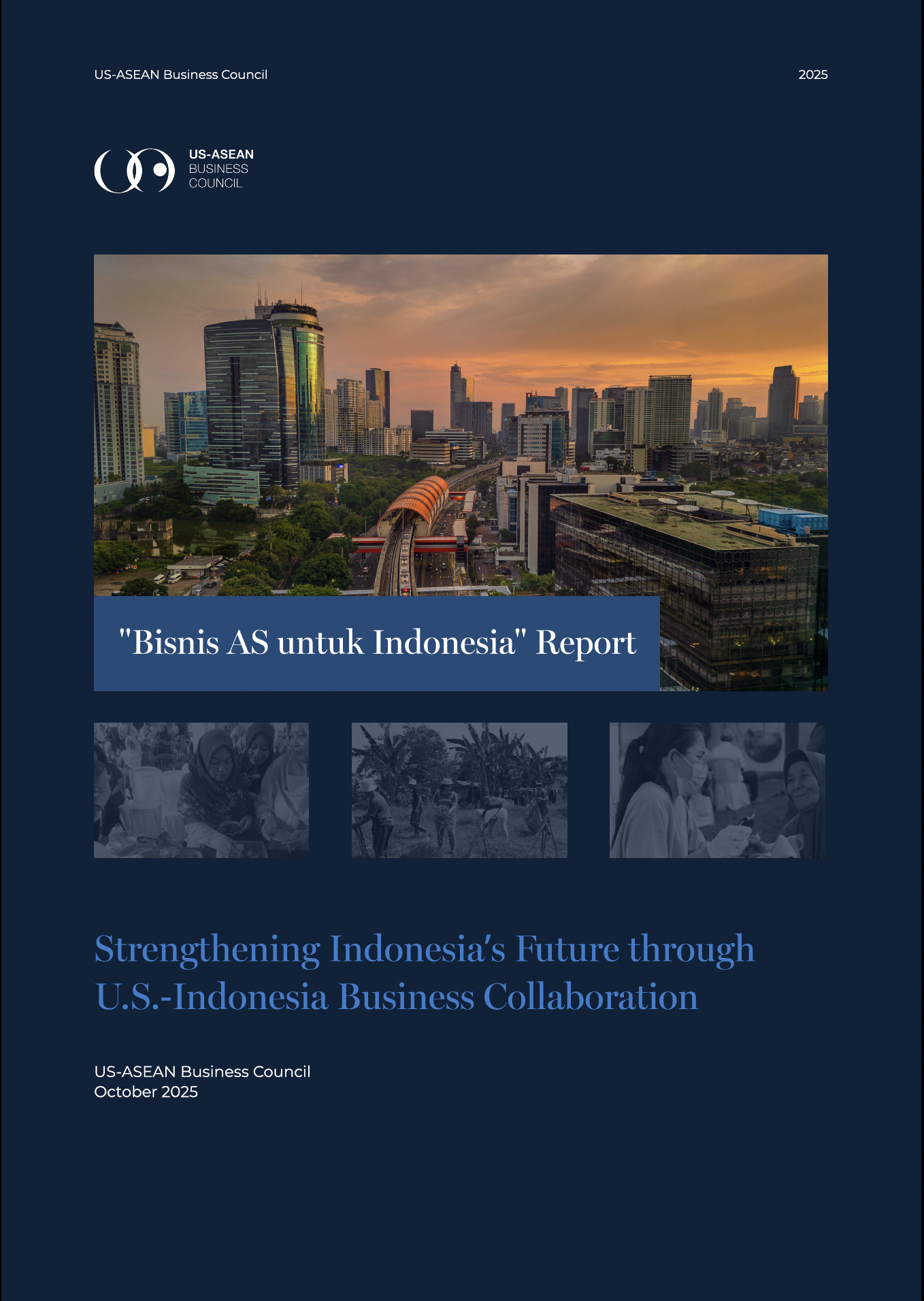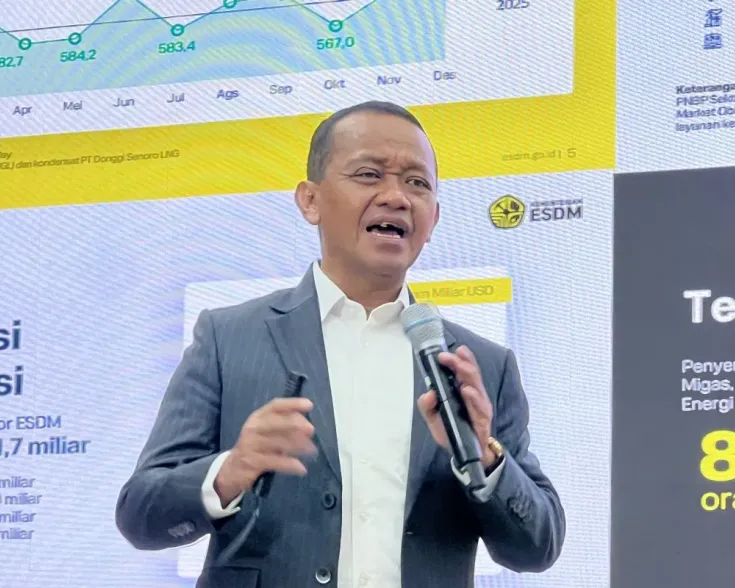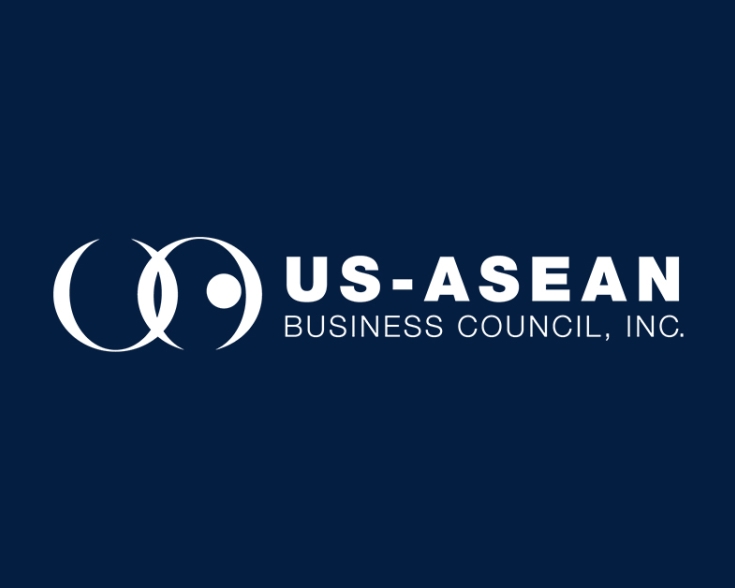Indonesia’s Economic Reset and Defense Reassessment Create New Opportunities for U.S. Business
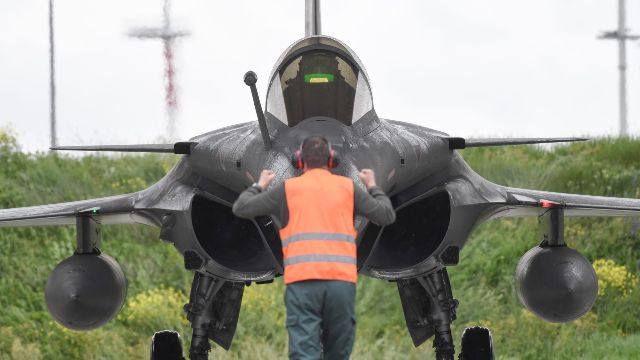
Indonesia’s defense calculus is back in the spotlight following French President Emmanuel Macron’s visit to Jakarta on May 28, 2025. During this visit, the two countries signed a preliminary defense pact aimed at deepening bilateral military ties. The agreement includes a letter of intent that could pave the way for additional orders of French military hardware, such as Rafale fighter jets, Scorpene submarines, and light frigates. Beyond defense, the two countries have also signed more than 20 agreements worth at least $11 billion.
At a joint press conference, Macron emphasized the deal as a new phase in France-Indonesia cooperation, while President Prabowo Subianto underscored joint production and technology transfer as central to Indonesia’s defense modernization. Yet, this renewed momentum comes amid lingering doubts about the Rafale’s combat credibility, following reports last month that Indian-operated Rafales underperformed in air engagements with Pakistan’s Chinese-made jets. Indonesia, which has yet to receive any aircraft from its 2024 Rafale deal, remains cautious; its Air Force Chief has stated that the first batch, six jets, is expected to arrive in early 2026.
Jakarta’s posture reflects its broader strategy of “free and active” foreign policy, aimed at balancing between major powers. The Rafale offers a neutral option and speaks directly to this hedging strategy. But as Indonesia upgrades its military capabilities, it must also navigate domestic economic headwinds. Limited fiscal space and slowing growth are pushing policymakers to reassess large-scale procurement plans. At the same time, Indonesia is negotiating tariff reductions with Washington and has listed aerospace and defense as key sectors for expanded U.S. trade, raising questions about whether economic incentives or strategic recalibrations could tilt future procurement toward American defense suppliers.
Indonesia’s evolving defense posture presents a strategic opening for U.S. aerospace and defense firms. However, Indonesia’s pause on its initial Rafale acquisition underscores its cautious, capability-driven procurement approach, leaving room for alternative suppliers. With Indonesian officials naming aerospace and defense as key sectors in U.S.-Indonesia trade discussions, American firms offering combat-proven systems may be well-placed to meet Jakarta’s modernization goals. As Indonesia seeks partners that support joint production and technology transfer, U.S. industry has a window to deepen defense cooperation within a competitive and geopolitically sensitive procurement environment.





